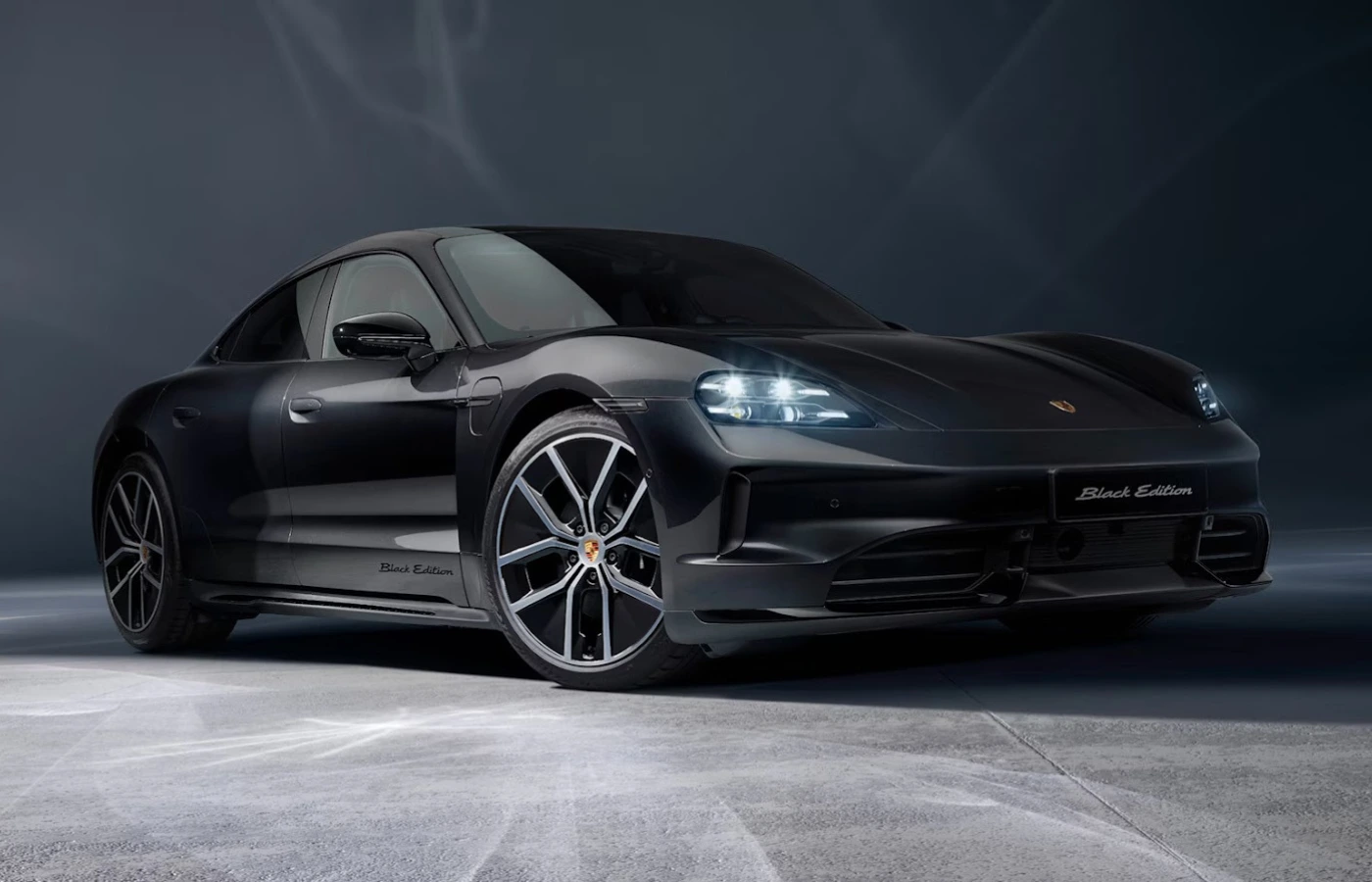Hybrid vs EV: The True Contest for India's Future | Where to Direct Your Investments in 2025?
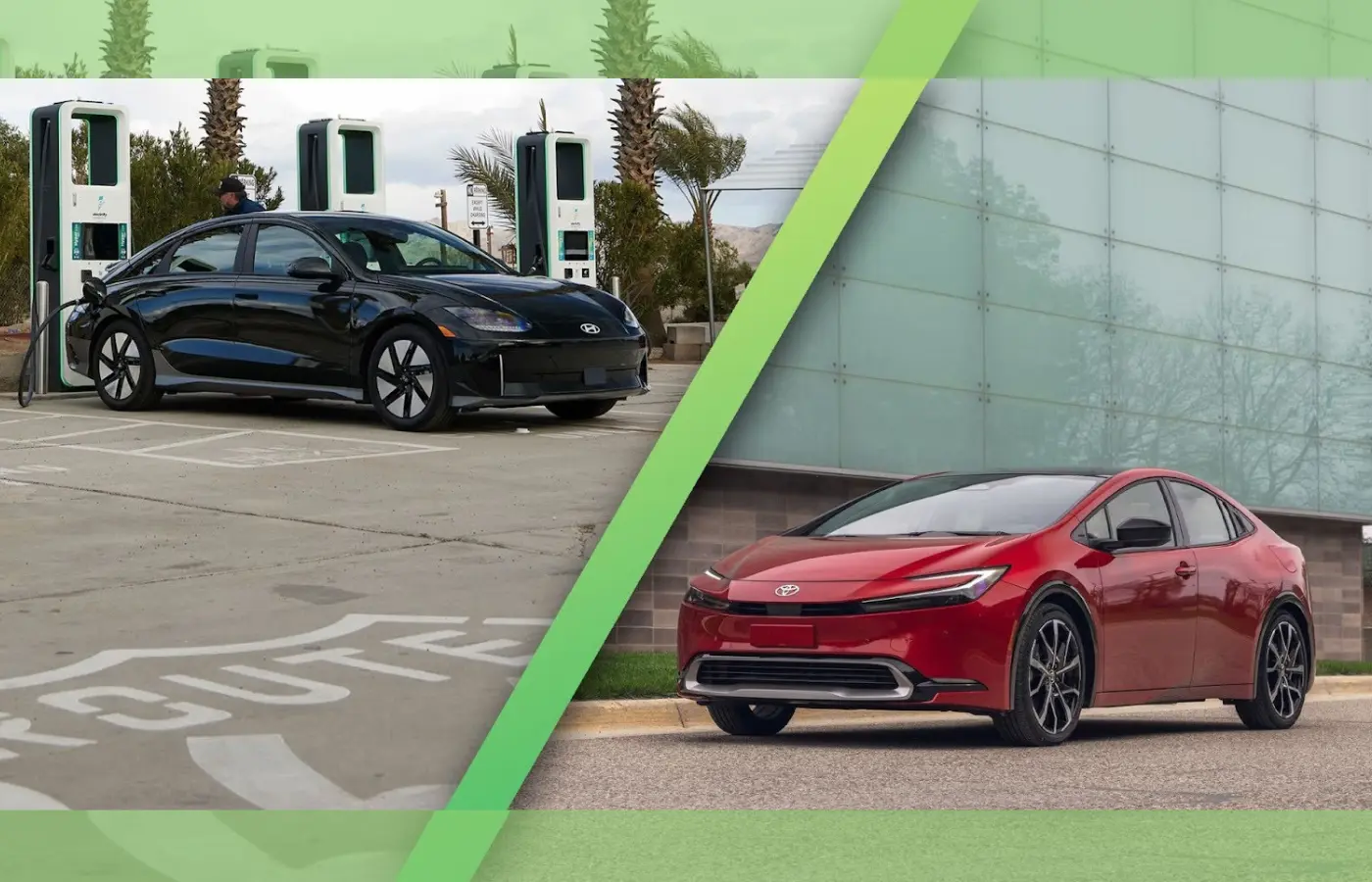
Today’s consumers are considering sustainability as a top priority while choosing their next cars, and when it comes to selecting new cars, buyers are usually confused between Hybrid and EVs. As per current scenario, many think of EVs as a burden due to poor infrastructure, while some treat hybrids as a cheap alternative.
So ultimately we will be answering what’s right for you? We will be clearing all the doubts with pure logic as we consider numbers as our deciding factors. Thus we will be discussing important factors through which you will be able to decide whether Hybrid is a safe investment or EV is a smarter choice.
Market Forecast: What India is considering?
In India, both Hybrids and EVs are offering a variety of perks and benefits with them. Let’s analyse the latest data as of September 2025.
- Hybrid car sales: 1.6 lakh units (Toyota, Maruti, Honda led)
- EV sales: 1.7 lakh units (Tata, Mahindra, MG, BYD led)
.webp)
If we compare to the number of selling units then EVs and hybrids are on the same conjunction, but the overall difference here is that if you opt Hybrid cars then for 90% city buyers, it is more like a “peace of mind” option, followed by EV buyers which are majority of urban commuters and tech-savvy crowd.
Cost Analysis: Purchase + Running + Maintenance
Let’s do a simple calculation considering purchase, running, and overall maintenance to determine which powertrain is the best. Here we are taking examples of Tata Nexon EV LR and Toyota Hyryder Hybrid.
|
Category |
EV (Nexon EV LR) |
Hybrid (Hyryder) |
|
Ex-Showroom |
Rs 17.3 Lakh |
Rs 19.5 Lakh |
|
Avg. Running Cost |
Rs 1.2/ Km |
Rs 3/ Km |
|
Maintenance (5 Year) |
Rs 25,000 |
Rs 45,000 |
|
5-Year Total Cost (10,000 km/year) |
Rs 18.7 Lakh |
Rs 21.8 Lakh |
Overall Result: EV will save you around Rs 3.1 Lakh in 5 years, but do note that initial charging setup of Rs 60,000 + dependency on electric infrastructure needs to be considered too, especially while purchasing EVs.
.webp)
Takeaways: If you are driving more than 800-1000 Km/month, then EV is a better choice as it will give you better ROI. However, if you’re an occasional driver or live in small towns or villages, then hybrid makes more sense and is a more practical choice.
Range, Charging & Convenience
One of the biggest advantages of hybrid vehicles is no dependency on charging infrastructure. Just simply put in petrol and you get a healthy range of 800-900 Km. If we talk about EVs, then you have to rely heavily on a good charging setup.
- Home Charging: Easy but quite slow as it charges the EV in 8-9 hours (Approx).
- DC Fast Charging: Charging is pretty fast as it takes around 30-60 minutes to charge, but is quite expensive as it costs Rs 18-22/ unit.
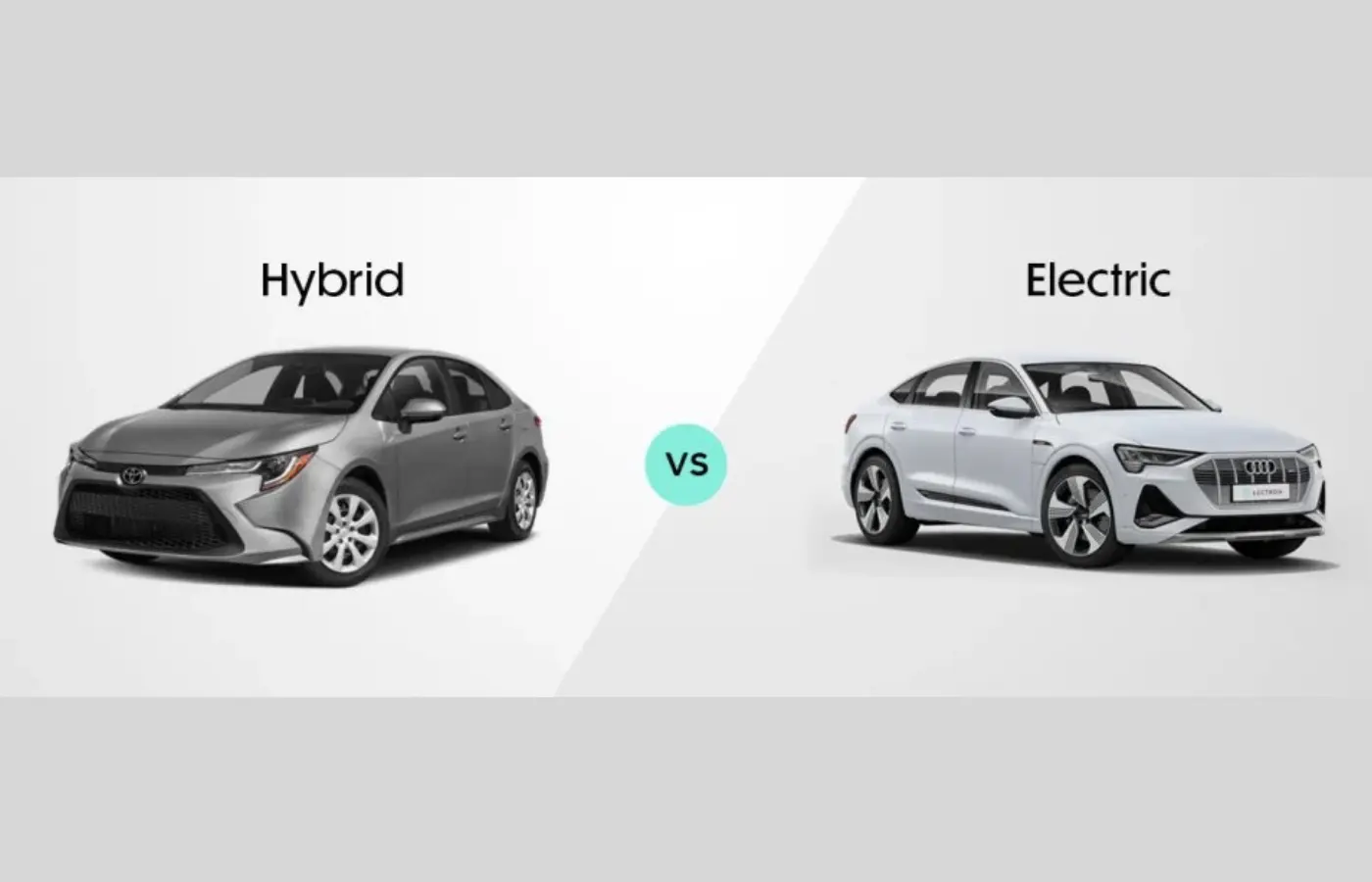
-
Real-World Range: The real-world range of an EV is quite low as compared to hybrids as it can provide a range of 280-450 km, depending on which model you choose.
India EV Infrastructure: Currently, India has a charging network of 26,000 public chargers but is evenly distributed in parts, with metro cities having good connectivity, followed by Tier-2 and Tier-3 cities, which are still in waiting zones and have very limited chargers.
Takeaways: If you are living in a metropolitan area and have access to a home charger, then you can opt for EV. On the other hand, if you frequently do highway trips or live in areas with no charging facilities, then you should select hybrids as your next powertrain.
.webp)
Technology & Long Term Future
Technology & Long Term Future are very important factors and let’s discuss the future roadmap of hybrids and EVs.
Hybrid Technology:
- Hybrids work seamlessly in stop and go traffic.
- Hybrids don’t need any charging infrastructure as they can run on petrol as well.
- However, they are not futuristic mobility and still rely heavily on fossil fuels.
- They can only restrict the emissions by 25-30% max, which is not a perfect solution for a clean energy mobility.
EV Technology:
- EVs are clean and produce zero tailpipe emissions.
- Battery technologies are rapidly evolving as there is an introduction of solid-state batteries & sodium-ion batteries, which will be used mainstream by 2026-27.
- The government is also encouraging the use of EVs by introducing several incentives like (Fame 2, GST 5%) + additional state subsidies.
- The vision of EVs in 2030 that 30% of new cars should be EVs.
Verdict: Hybrid is just an alternative serving as a bridge, while EV is the ultimate solution, and the final destination.
.webp)
Maintenance, Reliability, & Resale
EVs have 90% less moving parts as compared to hybrid vehicles or ICE vehicles, so ultimately it results in a lower maintenance. EVs also don’t require Engine oil, filters, and have no clutch. On the other hand, hybrids still require frequent maintenance and replacement of electric components.
How’s the Resale?
If we consider resale, hybrids have significantly better value as they carry less fear of battery degradation, over a certain period of time. However, it is expected that by the end of 2028, EVs will have a better resale and have a much developed ecosystem.
Environmental & Policy Impact
The focus of the Indian government is crystal clear as they are eyeing for carbon neutrality by 2070 and will be phasing down fossil fuel imports at a massive scale. There will be an addition of various PLI schemes for EV batteries, motors and EV components.
Hybrids cars are not subjected to these kinds of major subsidies because their emission reduction is only up to a limited level. EVs are getting tax cuts, registration benefits and policy push.
Verdict: The amount of support and policy backing EVs are getting, hybrids will be never prone to that.
.webp)
The Final Conclusion
So by analysing the above factors and technological advancements in future, this is an India-specific verdict on which powertrain suits you the best.
If you are living in metropolitan area or Tier-1 City:
- EV is a better choice: Lower running costs, future-ready, better incentives, Government support through incentives.
If you are living in a Tier-2 or do frequent highway trips:
- Hybrids are a worthy investment, till there is a big development on charging infrastructure. However, do note after 3-5 years, when charging infrastructure will be developed and expanded, and there will be various innovations in battery tech, hybrids will eventually upgrade to EVs, as there will be no EV users switching back to hybrids.
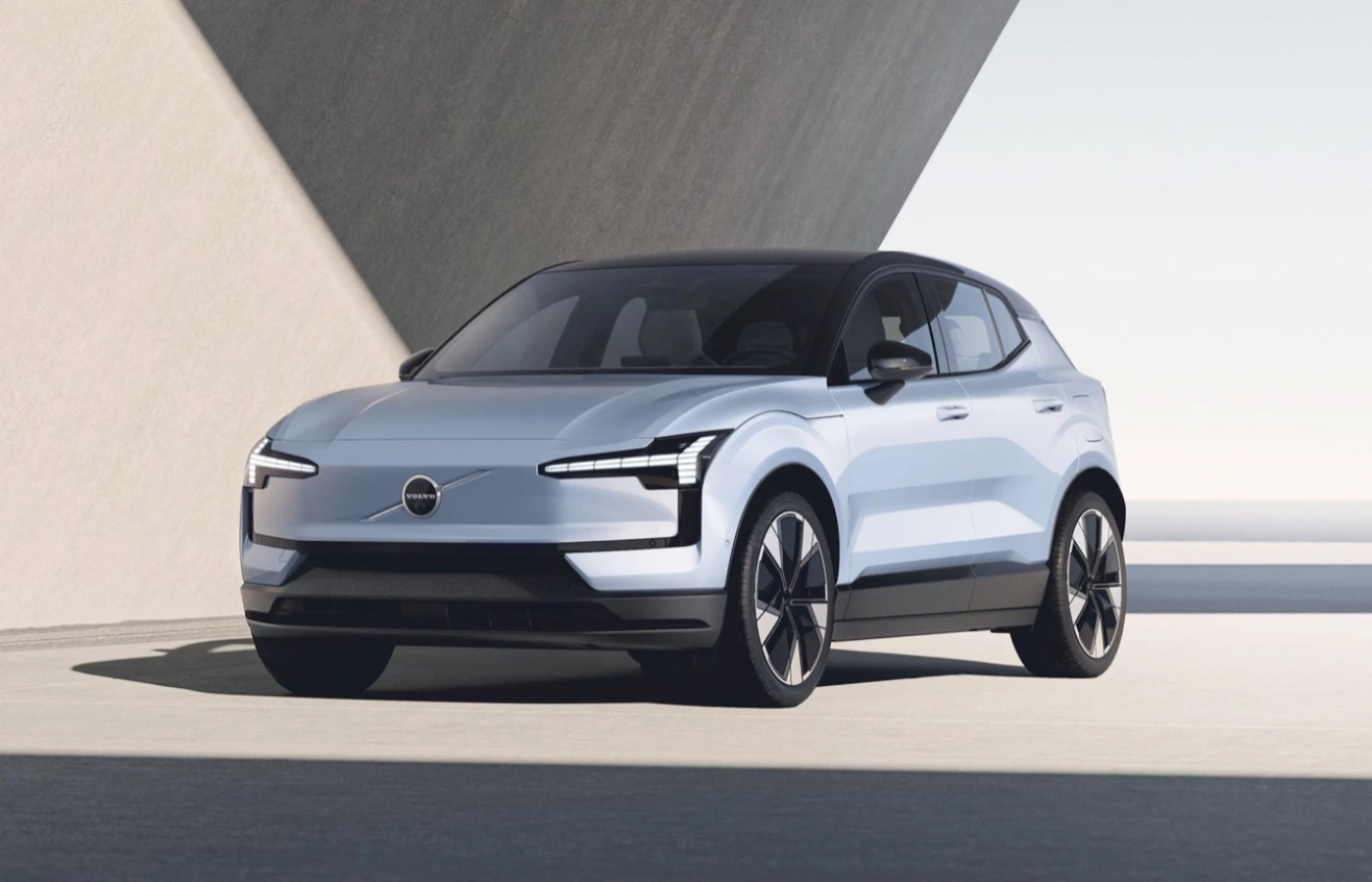
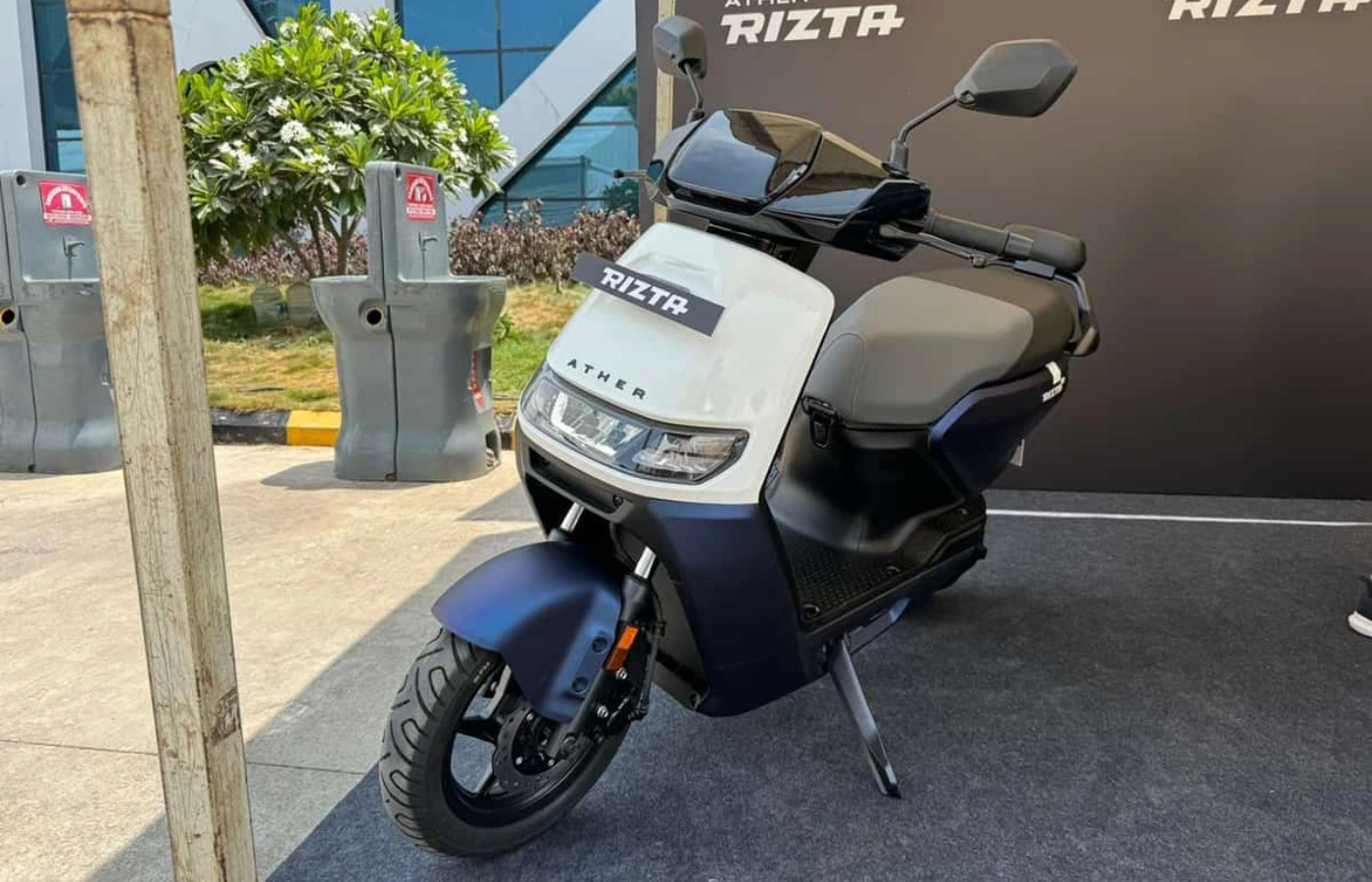

.webp)
